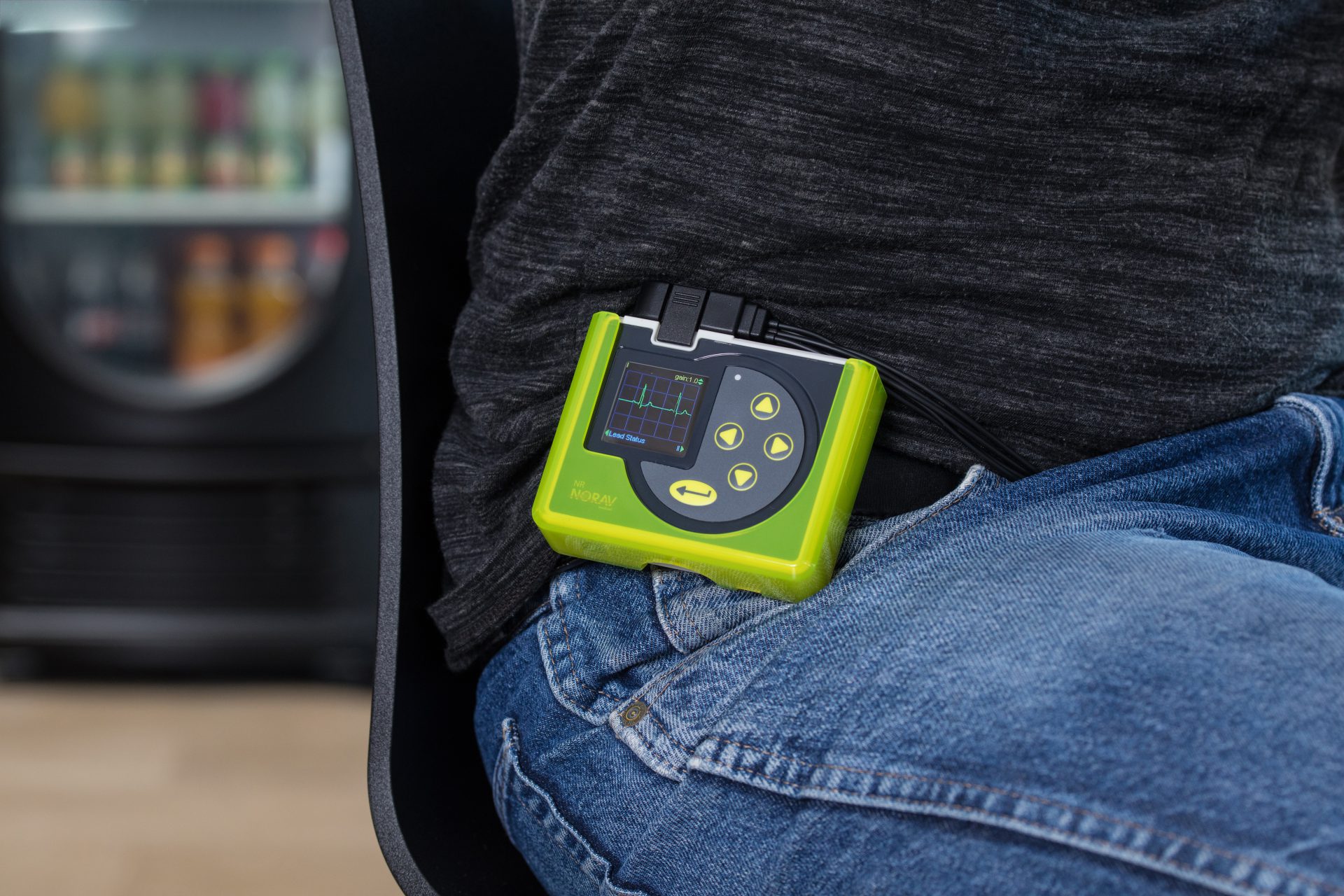Portable ECG Device for Clinical Trials

In the landscape of modern clinical research, the demand for precise, continuous, and patient-friendly monitoring tools has never been greater. Cardiac safety remains a critical concern in clinical trials, particularly when new drugs or treatments are being evaluated. Traditionally, electrocardiograms (ECGs) were conducted in clinical settings with large, stationary machines, requiring patients to travel to designated sites for repeated tests. Today, the advent of the portable ECG device for clinical trials has ushered in a new era of efficiency and accuracy in cardiology research.
Why Portable ECG Devices Are Essential in Clinical Trials
Clinical trials often involve patient populations spread across many regions, making consistent cardiac monitoring challenging. Portable ECG devices address this by enabling remote monitoring in real-world conditions. Compact and easy to use, they record high-quality data without constant supervision, allowing investigators to collect frequent, reliable results while reducing patient burden.
Portable ECG technology also supports continuous monitoring. This capability is crucial for detecting intermittent arrhythmias or drug-induced cardiac events that may go unnoticed during scheduled site visits. With wearable designs and wireless connectivity, the devices seamlessly transmit data to secure servers, allowing real-time analysis by trial investigators.
Advantages for Researchers and Sponsors
For researchers, the advantages of portable ECG devices extend far beyond convenience. Key benefits include:
- Improved data quality: Portable devices minimize gaps in monitoring and generate richer datasets for analysis.
- Early detection of safety signals: Continuous monitoring helps identify cardiac events quickly, enabling sponsors to make informed safety decisions and potentially accelerate regulatory approval timelines.
- Reduced operational costs: Remote monitoring decreases the need for frequent clinic visits, lowering expenses for both sponsors and sites.
- Higher patient retention: Less travel and more flexible monitoring improve patient participation and adherence throughout the study.
- Seamless data integration: Modern devices often integrate with electronic data capture (EDC) systems, central ECG laboratories, or ECG management solutions, streamlining workflows.
- Regulatory compliance: Built-in platforms support Good Clinical Practice (GCP) standards and allow centralized oversight across large-scale, multicenter trials.
Enhancing Patient Experience and Compliance
One of the persistent challenges in clinical trials is keeping patients adherent to protocols. Frequent site visits for ECG monitoring discourage participation and raise dropout rates. The use of a portable ECG device for clinical trials addresses this by allowing patients to record data at home or during daily activities. Their comfortable, non-invasive design and simple instructions encourage compliance across different ages and literacy levels.
Continuous or extended monitoring also increases the likelihood of capturing clinically significant events. Patients are less likely to miss a recording, ensuring more complete datasets that contribute directly to the trial’s success.
Technological Innovations Driving Adoption
Advances in digital health have made portable ECG devices more sophisticated, reliable, and practical. Many models now include multi-lead configurations, cloud-based data storage, and AI-powered interpretation tools that support faster and more accurate analysis. Improvements in battery life, portability, and secure wireless transmission make these devices highly suitable for long-term clinical studies.
Regulatory agencies such as the FDA and EMA increasingly recognize the value of digital endpoints and remote monitoring in clinical trials. Consequently, the adoption of portable ECG devices aligns seamlessly with the growing shift toward decentralized and patient-centric trial designs.
Shaping the Future of Cardiac Research
The integration of portable ECG devices into clinical trials represents a transformative shift in how cardiac safety is monitored and evaluated. By providing reliable, real-time data collection, enhancing patient compliance, and reducing trial costs, these devices are reshaping the future of clinical research. For hospitals, research organizations, and sponsors, adopting a portable ECG device for clinical trials is no longer optional—it is essential to meet the rising demand for precision, efficiency, and patient-centered care.
Sources
- FDA: Digital Health and Clinical Trials
- European Medicines Agency: Digital Tools in Clinical Trials
- National Library of Medicine: Portable ECG in Clinical Research